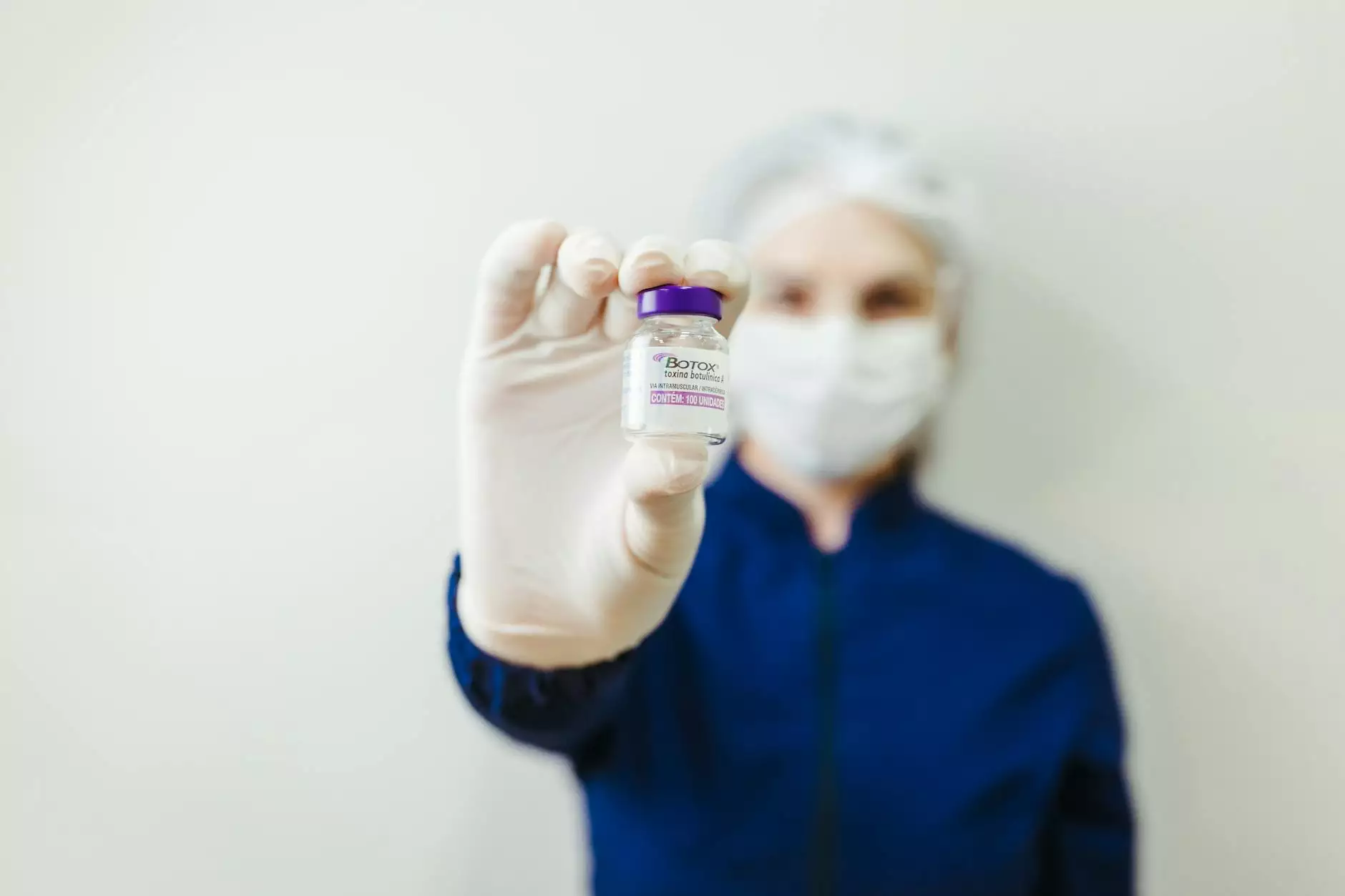Understanding Colon Cancer Treatment Clinics

Colon cancer is one of the leading causes of cancer-related deaths globally. However, with advancements in medical technology and treatment protocols, patients now have access to specialized care at colon cancer treatment clinics. These clinics play a pivotal role in diagnosing, treating, and supporting patients through their cancer journey.
What Are Colon Cancer Treatment Clinics?
Colon cancer treatment clinics are specialized healthcare facilities focused on providing comprehensive care for patients diagnosed with colorectal cancer. They offer a wide range of services from early detection through to advanced treatment options and ongoing support.
Importance of Specialized Care
Patients diagnosed with colon cancer require specialized treatment and support. Here are several reasons why colon cancer treatment clinics are critical:
- Expertise: Clinics are staffed with oncologists and medical professionals specializing in colorectal diseases.
- Comprehensive Services: Many clinics offer an array of services including screening, diagnostic imaging, various treatment options, and palliative care.
- Patient-Centric Approach: These institutions often focus on individual patient needs, tailoring treatment plans accordingly.
- Multidisciplinary Teams: Treatment plans are typically developed by a team of experts including surgeons, medical oncologists, radiation oncologists, and nutritionists.
Key Services Offered by Colon Cancer Treatment Clinics
Colon cancer treatment clinics provide a variety of services designed to meet the unique needs of each patient. These include:
1. Screening and Early Detection
Early detection is crucial for successful treatment outcomes. Clinics utilize a range of screening techniques such as:
- Colonoscopy: The gold standard for detecting colorectal cancer and precancerous lesions.
- Fecal Immunochemical Tests: Non-invasive tests to detect hidden blood in stool.
- Biopsy: Sampling suspicious tissue for histopathological examination.
2. Diagnostic Imaging
Accurate staging of colon cancer is essential for determining the best treatment approach. Common imaging techniques include:
- CT Scans: Help identify the extent of the cancer.
- MRIs: Provide detailed images of soft tissues.
- PET Scans: Used to check for cancer spread.
3. Treatment Options
Once diagnosed, patients can be offered a range of treatment options:
a. Surgical Options
Surgery is often the first step in treatment, aiming to remove the cancerous tissue. Options include:
- Partial Colectomy: Removal of the cancerous section of the colon.
- Colostomy: Creating an opening for waste removal when necessary.
- Laparoscopic Surgery: Minimally invasive surgery that results in less recovery time.
b. Chemotherapy
Chemotherapy uses powerful drugs to kill cancer cells or inhibit their growth. It can be administered:
- Pre-Operatively: To shrink tumors before surgery.
- Post-Operatively: To eliminate any remaining cancer cells.
- As Palliative Care: To manage symptoms in advanced cases.
c. Radiation Therapy
Radiation can be used in combination with other treatments to:
- Shrink Tumors: Prior to surgery.
- Reduce Recurrence: Post-surgery treatment.
4. Supportive Care
Alongside extensive medical treatments, colon cancer treatment clinics prioritize patient support through:
- Nutritional Guidance: Helping patients maintain a healthy diet during treatment.
- Counseling Services: Addressing the psychological impacts of cancer diagnosis and treatment.
- Support Groups: Connecting patients with others on similar journeys.
Innovations in Colon Cancer Treatment
The field of oncology is continuously evolving, with innovative therapies being developed. Colon cancer treatment clinics may offer:
1. Targeted Therapy
This approach uses drugs that specifically target cancer cells while sparing normal cells, resulting in fewer side effects. Examples include:
- Anti-EGFR Therapy: Targets the epidermal growth factor receptor.
- VEGF Inhibitors: Inhibit factors that promote blood vessel growth in tumors.
2. Immunotherapy
This revolutionary treatment harnesses the body’s immune system to fight cancer. It is particularly effective in specific genetic types of colorectal cancer.
Choosing the Right Colon Cancer Treatment Clinic
When selecting a colon cancer treatment clinic, consider the following factors:
- Credentials: Ensure the clinic is accredited and has qualified medical professionals.
- Reputation: Research patient reviews and success stories.
- Access to Advanced Treatments: Check if they offer innovative therapies and clinical trials.
- Location and Accessibility: Consider the clinic’s proximity and ease of access.
Living Beyond Colon Cancer
Life after a colon cancer diagnosis can be uncertain. However, many patients achieve remission and lead fulfilling lives. Clinics often support recovery through:
- Regular Follow-Ups: Continuous monitoring for recurrence.
- Long-Term Nutrition Plans: Guidance on dietary adjustments for optimal health.
- Lifestyle Modifications: Encouragement of exercise and other healthy habits.
Conclusion
The journey through colon cancer treatment can be challenging, but with the help of dedicated colon cancer treatment clinics, patients can find the care and support they need. These specialists not only provide medical treatment but also focus on the holistic well-being of their patients, offering resources that enhance quality of life. As we continue to advance in our understanding of colon cancer, these clinics remain at the forefront, ensuring that every patient receives the best possible outcomes in their fight against cancer.
Resources for Further Information
For more information on colon cancer treatment and resources, consider visiting:
- American Cancer Society
- National Comprehensive Cancer Network
- oncologicalsurgery.net for specialized services and support.









